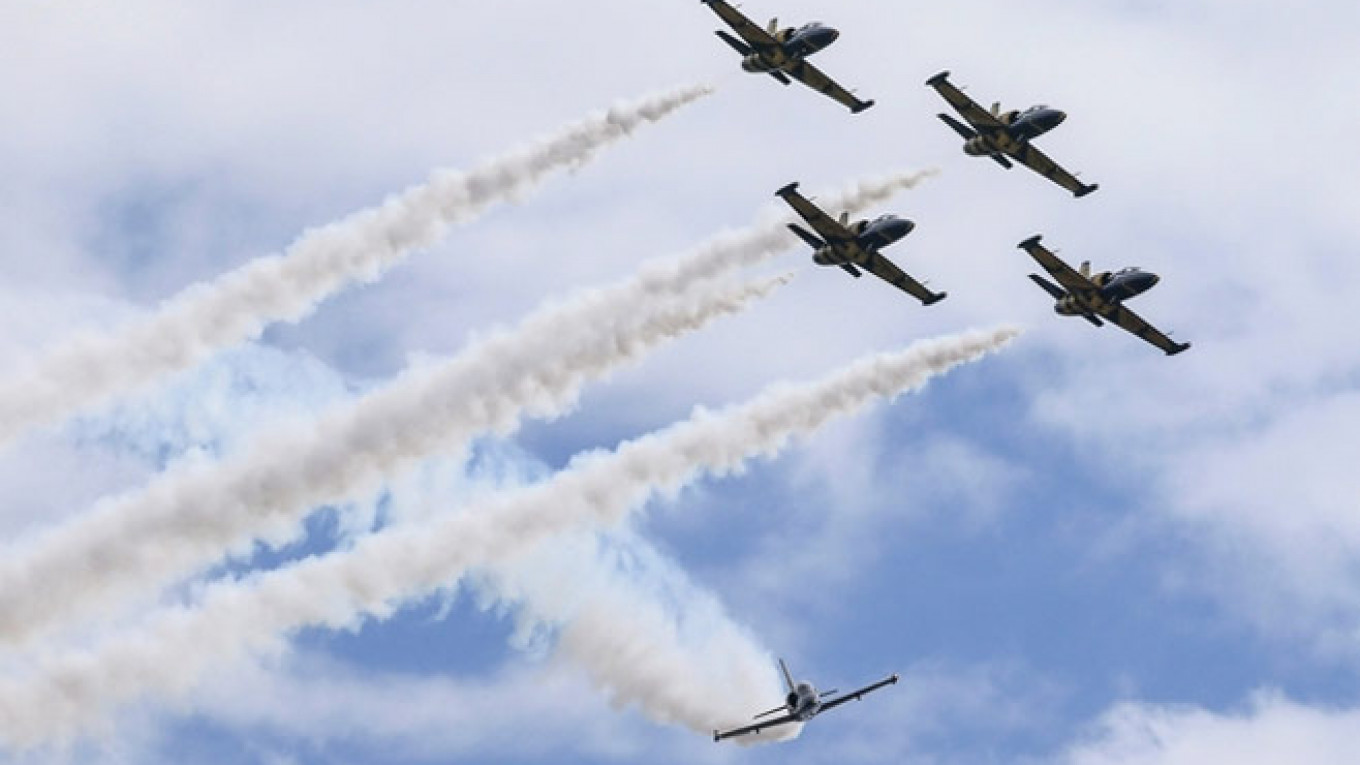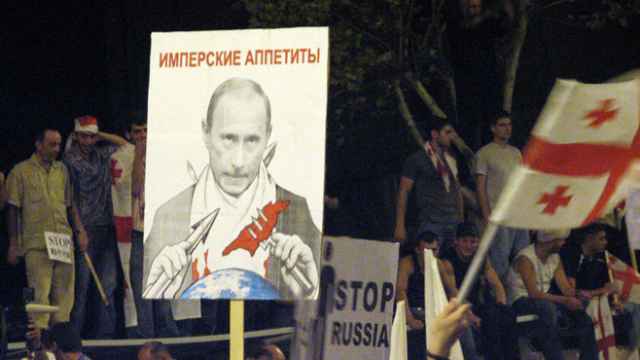The increased frequency of military air and sea encounters between NATO and NATO partner states and the Russian Federation is a serious cause for concern among policy makers.
A recent statement by the Task Force on Cooperation in Greater Europe alludes to the possibility of a Memorandum of Understanding between NATO and Russia, as a way to determine the behavior of military units should they come into contact with their opposite numbers. This would introduce some much needed predictability into these encounters.
This memorandum builds on two bilateral agreements between the United States and the Soviet Union made during the Cold War, namely the 1972 Agreement on the Prevention of Incidents On and Over the High Seas, and the 1989 Agreement on Prevention of Dangerous Military Incidents.
These documents were negotiated after particularly hostile periods of the Cold War confrontation, during which U.S. and Soviet units operating in the Baltic Sea engaged in overtly dangerous actions against one another. Such actions involved warships ramming one another and the use of lasers to temporarily blind personnel in aircraft cockpits.
The Cold War agreements contained a series of behavioral procedures to be observed should U.S. or Soviet units encounter one another. The 1989 agreement stipulates not only pre-agreed radio frequencies but also a series of visual signals should electronic communication fail or in the case of no mutual language capability. The 1972 agreement stipulates further that approaching aircraft should use "the greatest caution and prudence" and are not permitted to perform simulated attacks on their opposite numbers.
These procedures were only to be observed in full within what the 1989 Agreement termed 'Special Caution Areas' (SCAs). A further stipulation connected to the SCA regulations was that task force commanders entering such an area must fully notify their opposite number of the purpose of their mission. Such a provision would be an important trust-building mechanism were it to be implemented by NATO and Russia.
Due to the Soviet Union's dissolution in 1991 there is no evidence that any SCAs were actually created, however in present circumstances it seems appropriate that they be reconsidered
If the premise is expanded beyond its original bi-lateral nature to a full multilateral format inclusive of all NATO member states, Russia, Sweden and Finland, SCAs have the potential to dramatically reduce the risk of escalation.
An area beyond the remit of these documents is the interaction between military units and civilian aircraft and ships. Several of the more serious incidents involved near collision or otherwise short-notice avoidance of Russian military aircraft operating inside civilian air traffic corridors. The fact that military aircraft are often flying with their transponders switched off makes their detection by civilian air traffic control difficult.
The reasoning behind this seems to be that this then requires air defense systems to utilize more of their capacity to track the aircraft, allowing more and better intelligence to be gathered.
Efforts have been made to harmonize NATO operating procedure with that of the European Aviation Safety Agency (EASA), but Russia remains outside of this framework. It is improbable that Russia would take similar measures to equalize its military procedures, but an April 2015 report by the EASA does provide two recommendations that could conceivably be implemented by all parties to a Baltic Sea SCA.
The first is a recommendation that the International Civil Aviation Organization (ICAO) initiate amendments to Article 3 of the 1944 Chicago Convention in a way that requires contracting states to publish their regulations or procedures currently in force regarding the 'due regard' concept for the safety of civil aircraft.
The second concerns the shared civil/military use of primary radar. While such radar sharing has become relatively common the EASA emphasizes that primary surveillance radar data be provided to civil air traffic control units to the maximum possible extent.
Implementation of these recommendations would institutionalize a culture of caution and information sharing, thus lowering the chance of a collision involving a civilian airliner or an escalatory confrontation between military ships and aircraft. Crisis management mechanisms in the Euro-Atlantic area are in a poor state of repair, and their reassessment is crucial. The future of Euro-Atlantic security might very well depend on it.
Thomas Frear is a research fellow at the European Leadership Network.
A Message from The Moscow Times:
Dear readers,
We are facing unprecedented challenges. Russia's Prosecutor General's Office has designated The Moscow Times as an "undesirable" organization, criminalizing our work and putting our staff at risk of prosecution. This follows our earlier unjust labeling as a "foreign agent."
These actions are direct attempts to silence independent journalism in Russia. The authorities claim our work "discredits the decisions of the Russian leadership." We see things differently: we strive to provide accurate, unbiased reporting on Russia.
We, the journalists of The Moscow Times, refuse to be silenced. But to continue our work, we need your help.
Your support, no matter how small, makes a world of difference. If you can, please support us monthly starting from just $2. It's quick to set up, and every contribution makes a significant impact.
By supporting The Moscow Times, you're defending open, independent journalism in the face of repression. Thank you for standing with us.
Remind me later.






